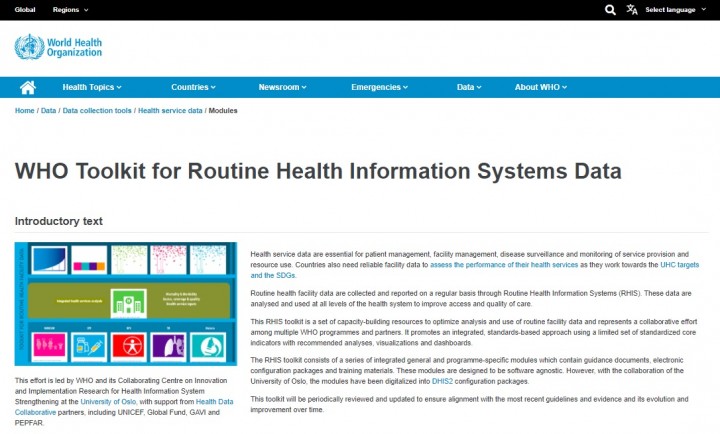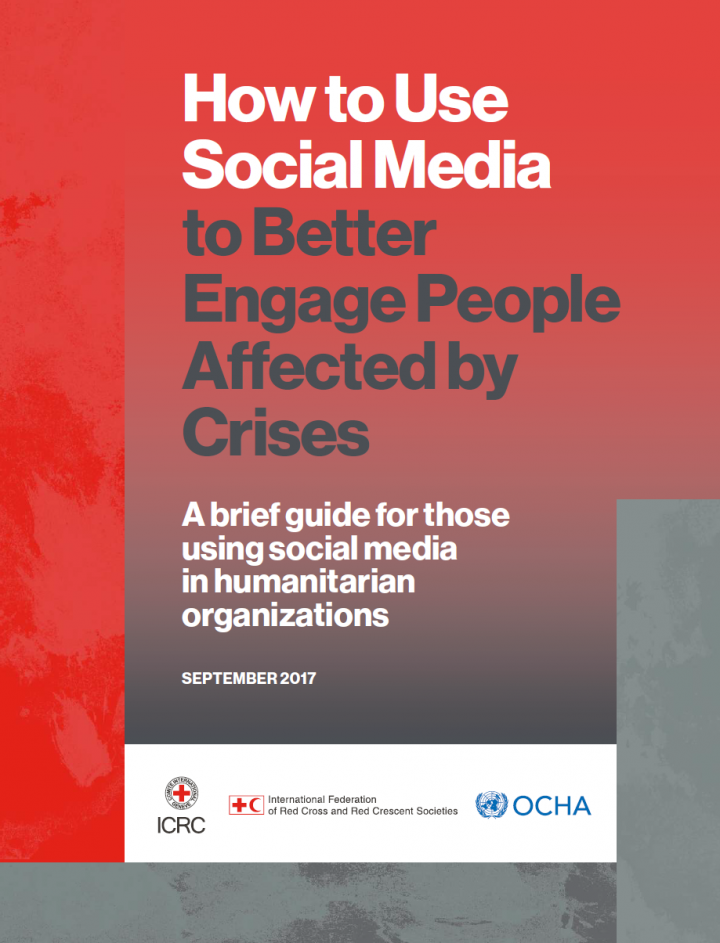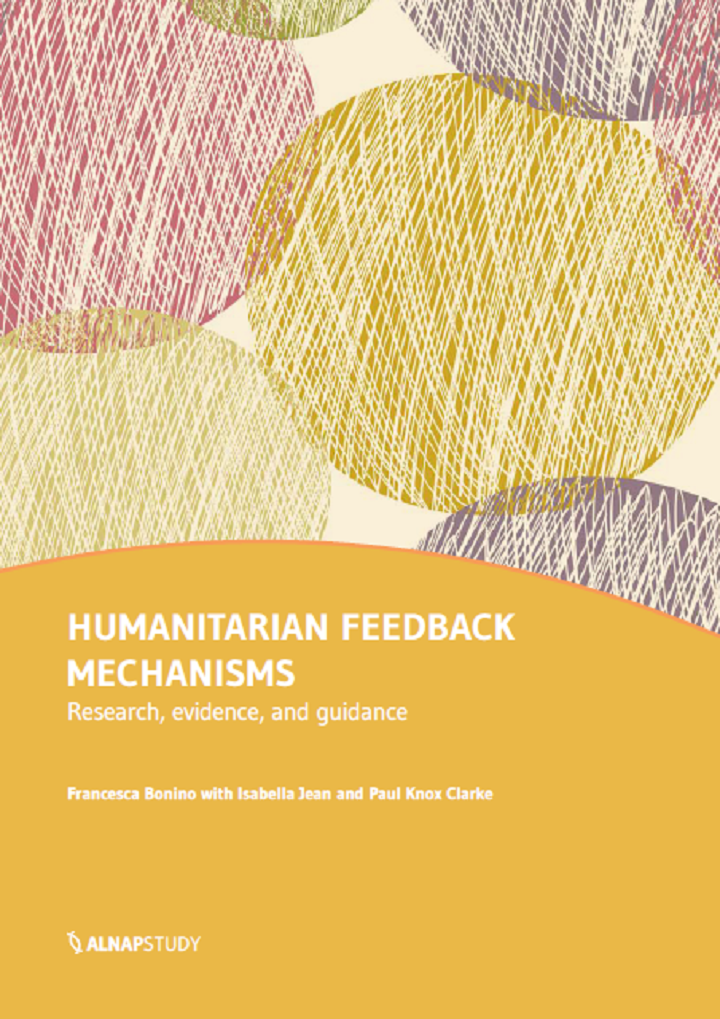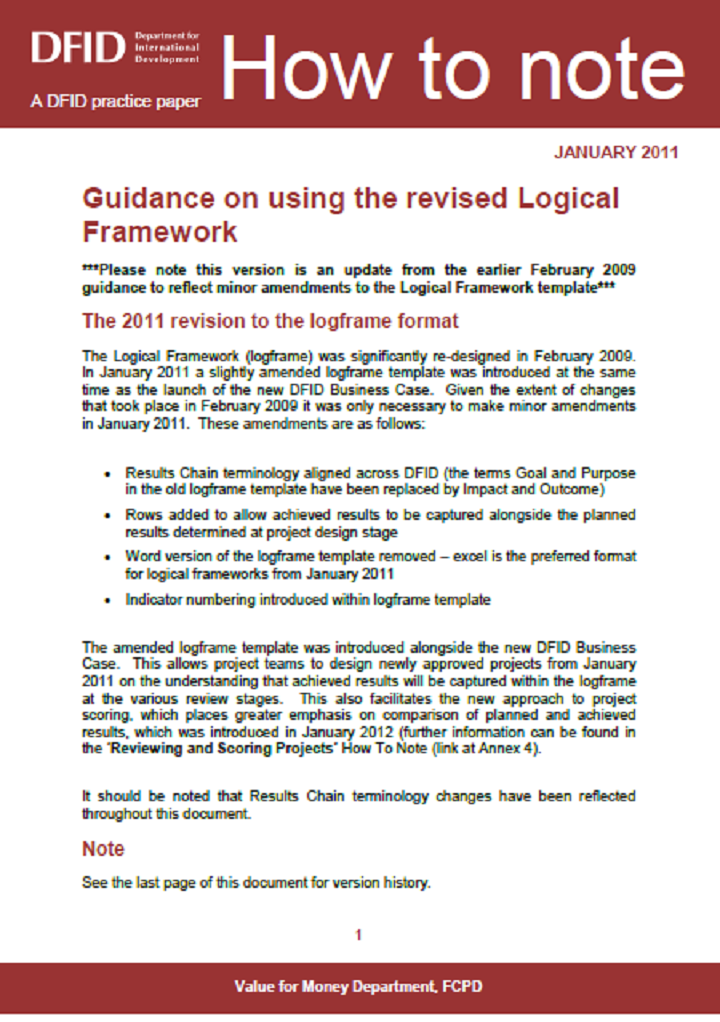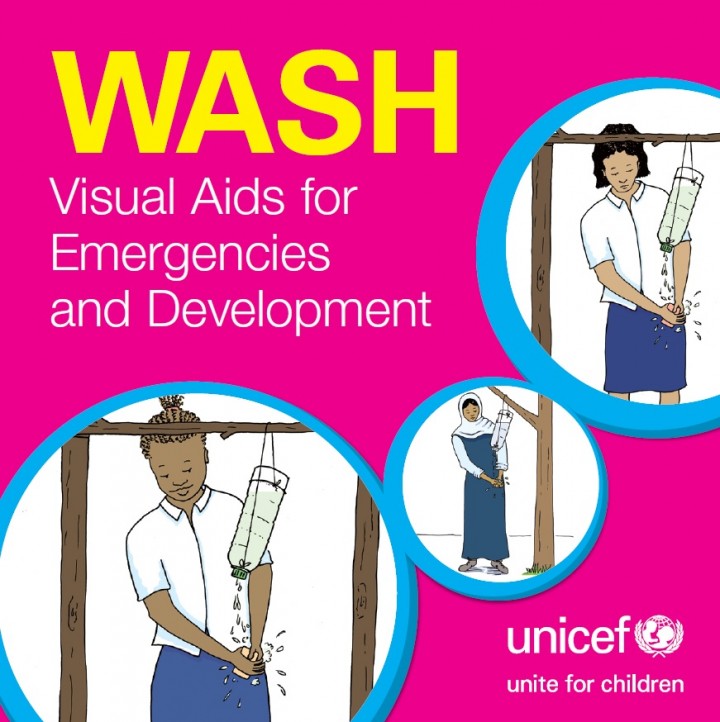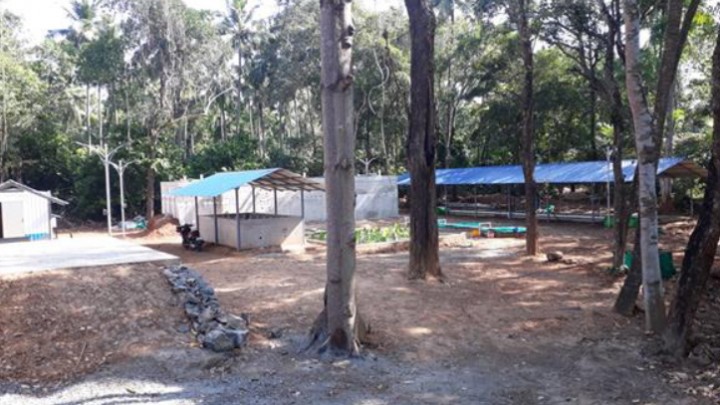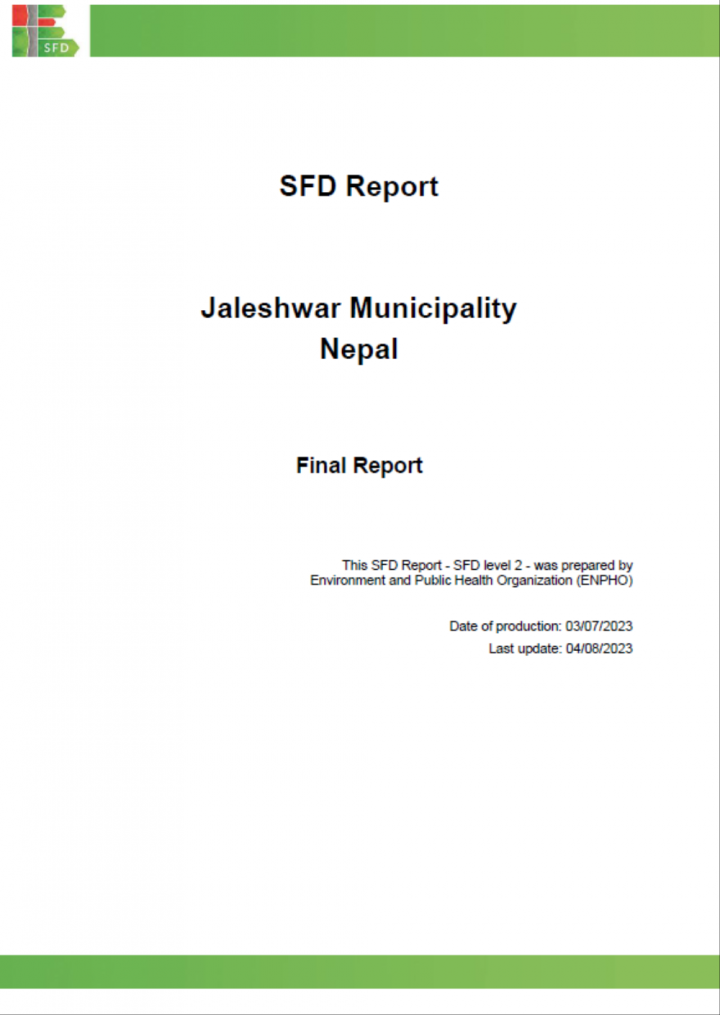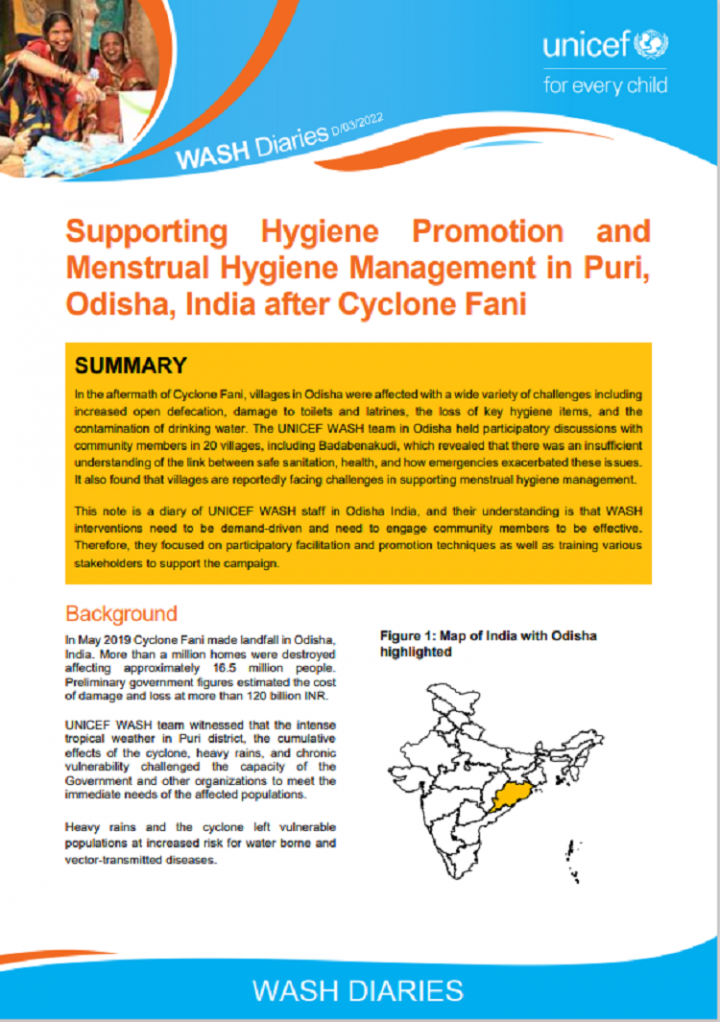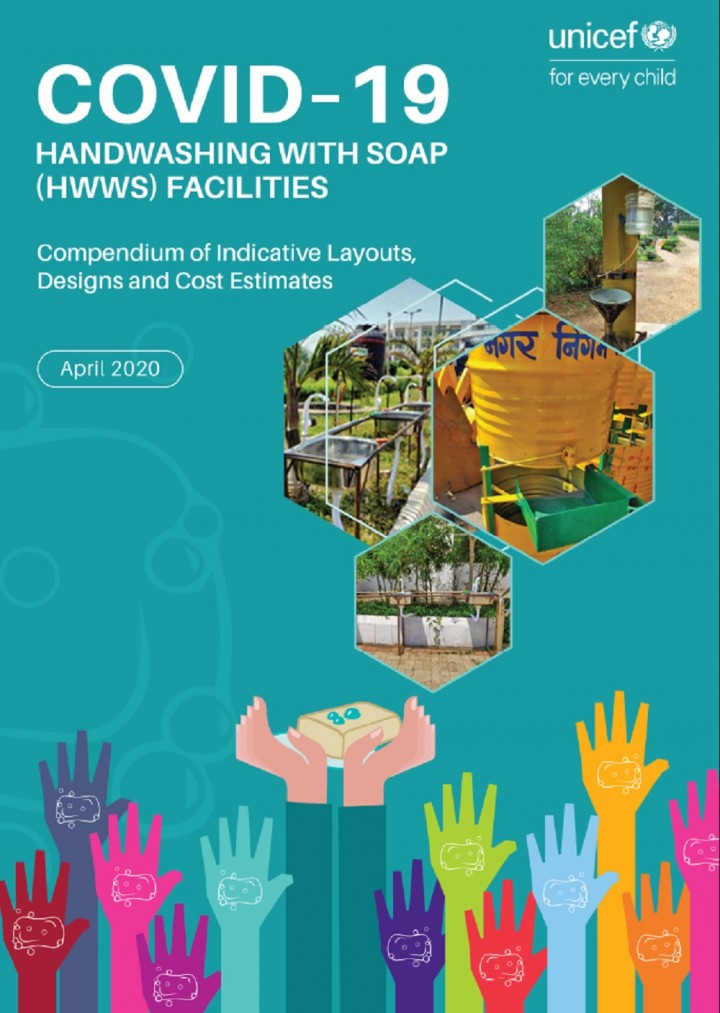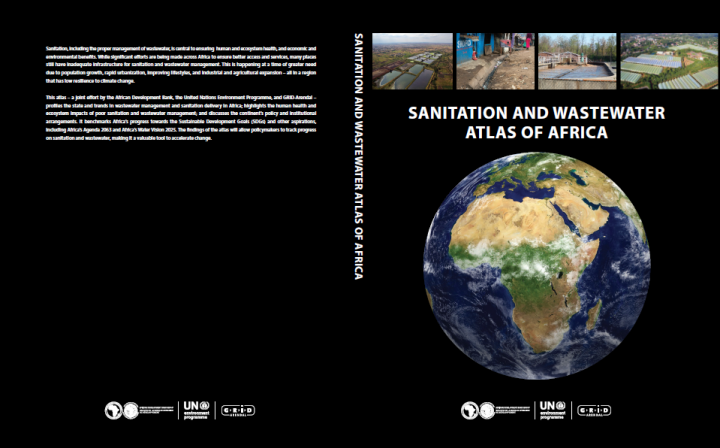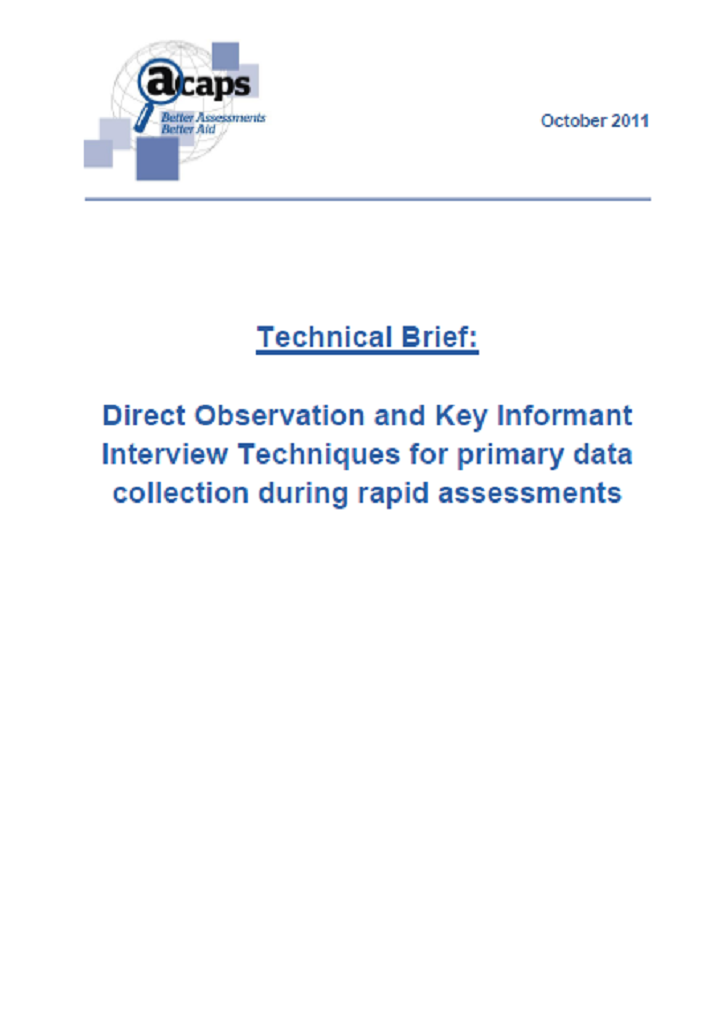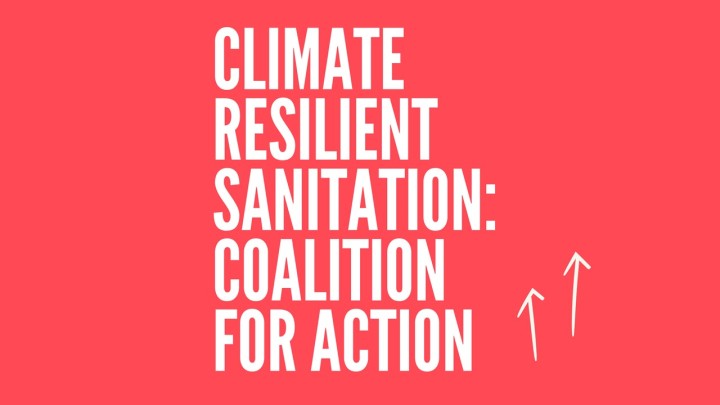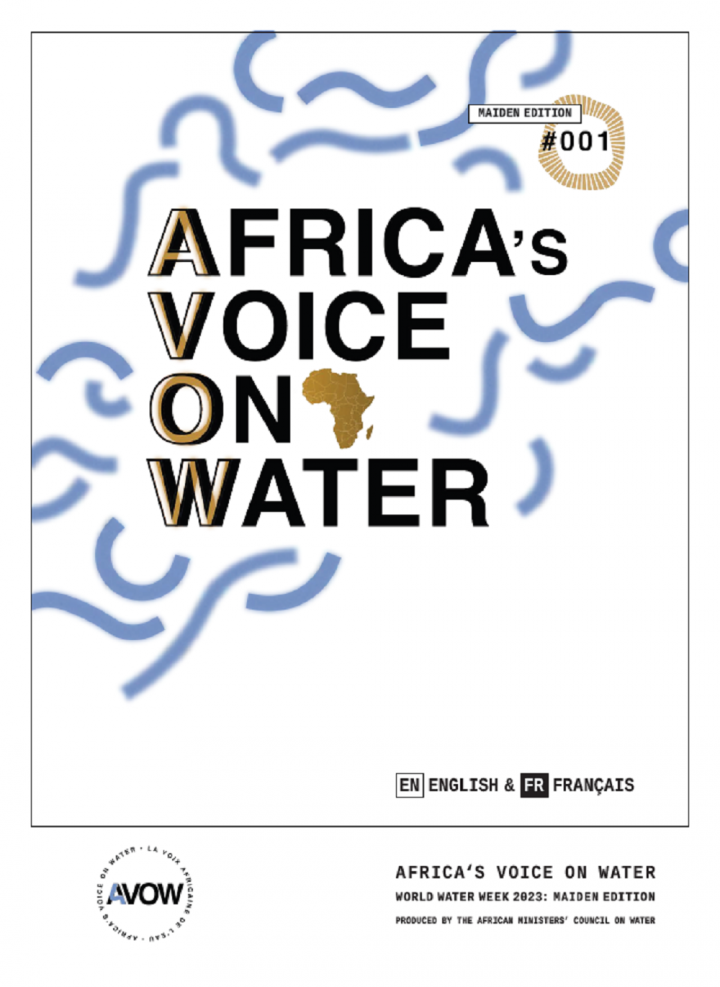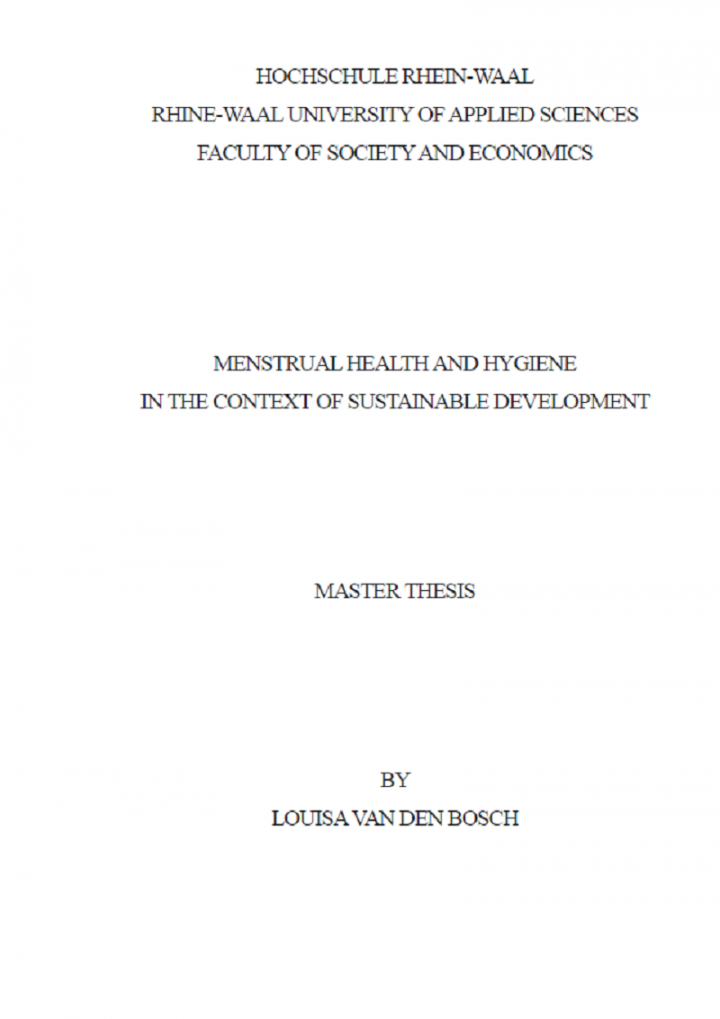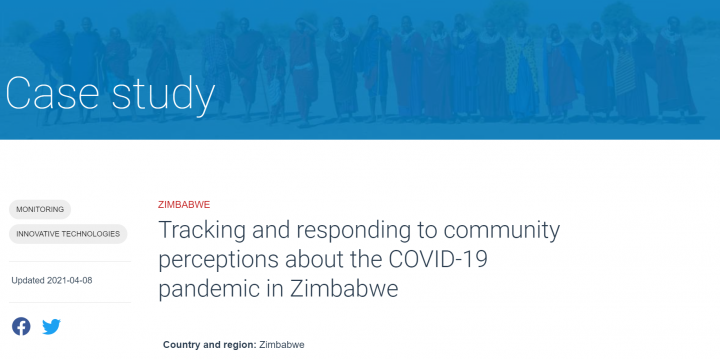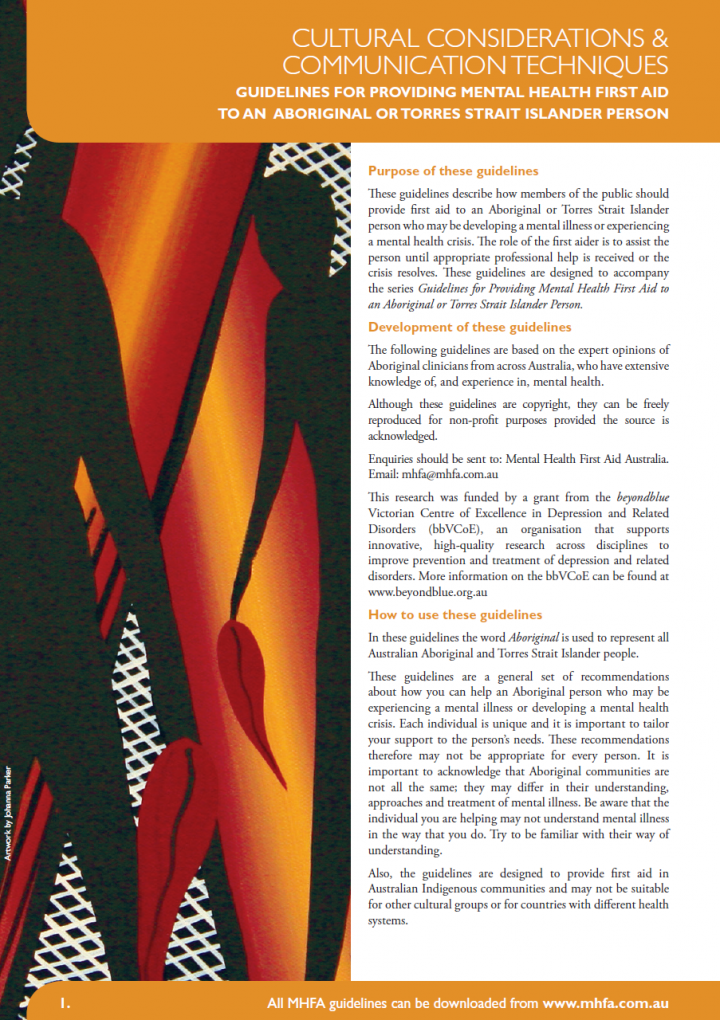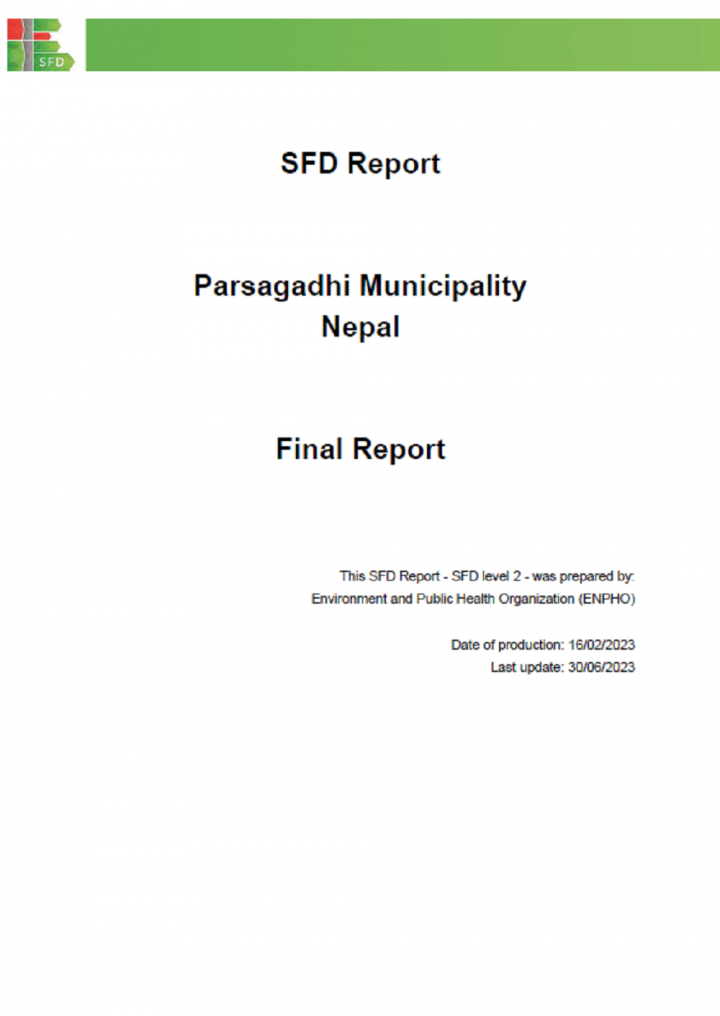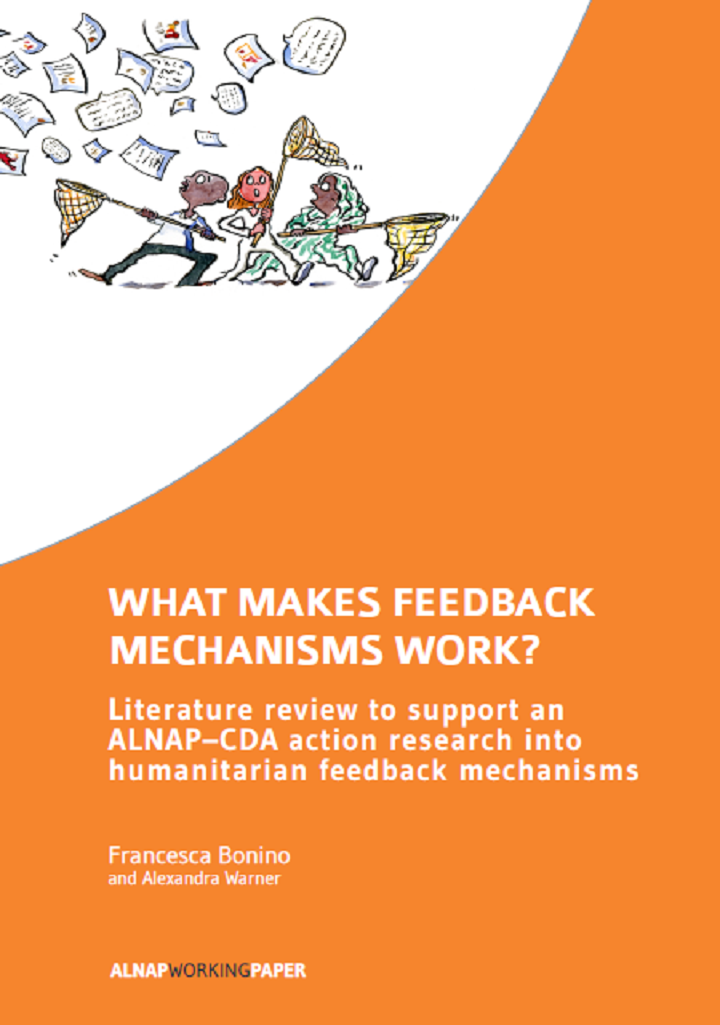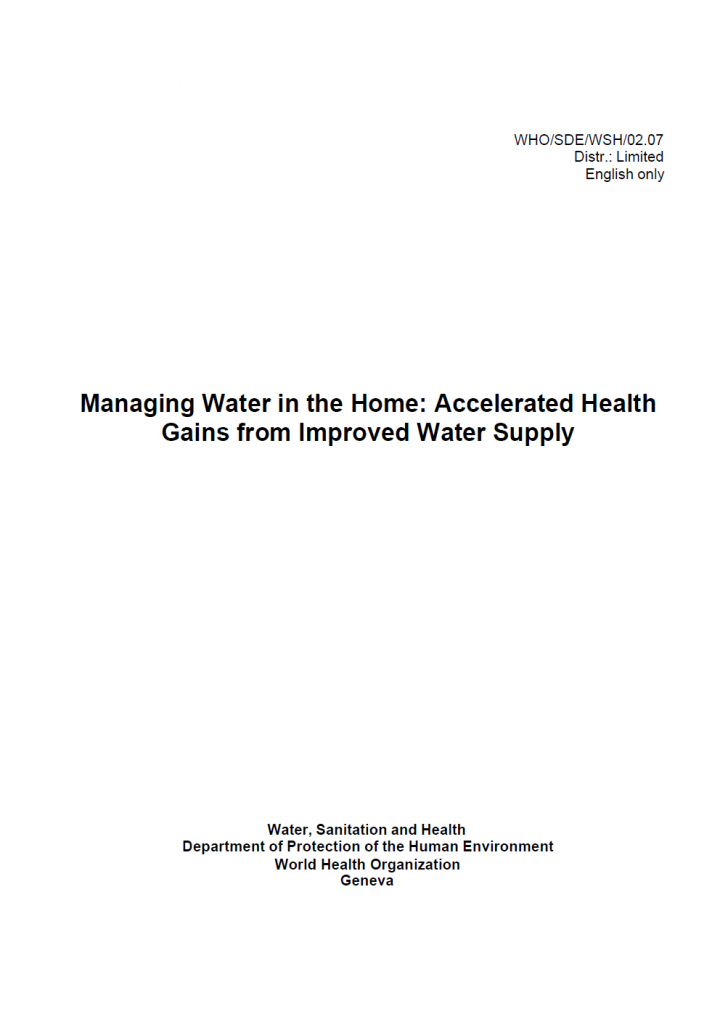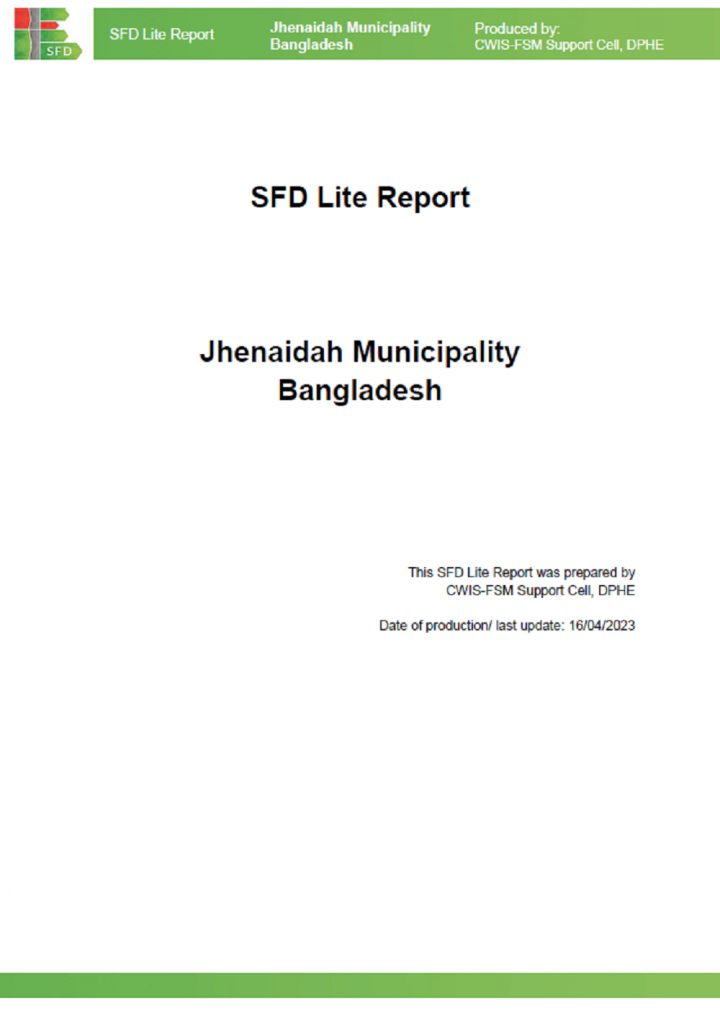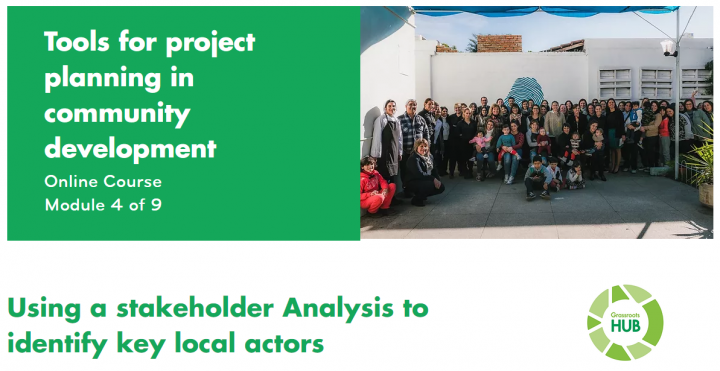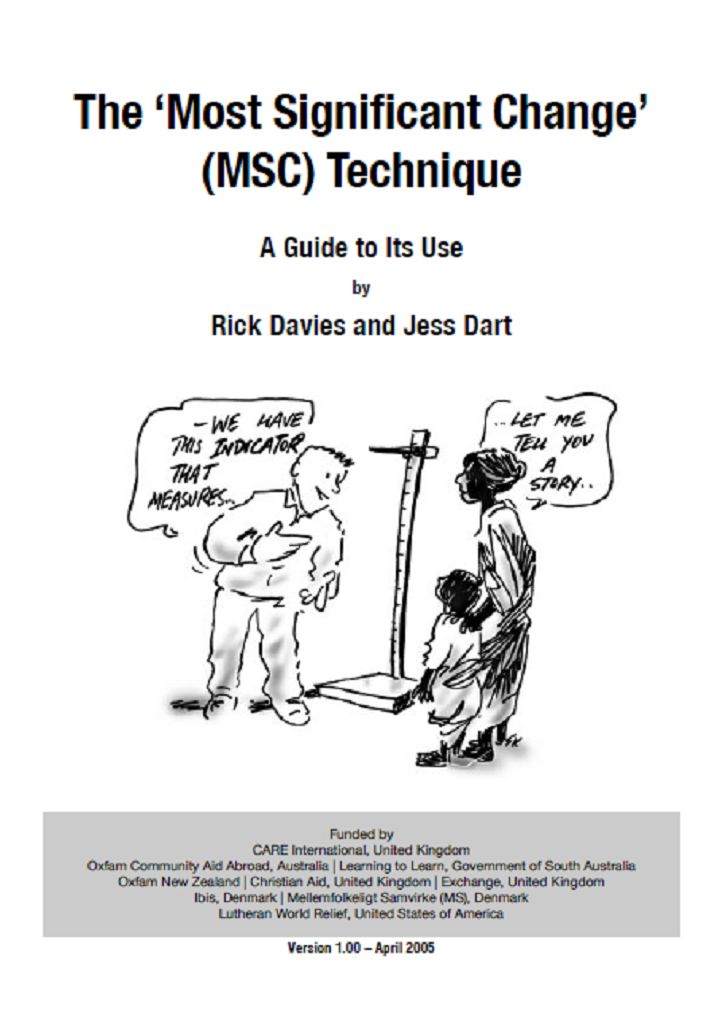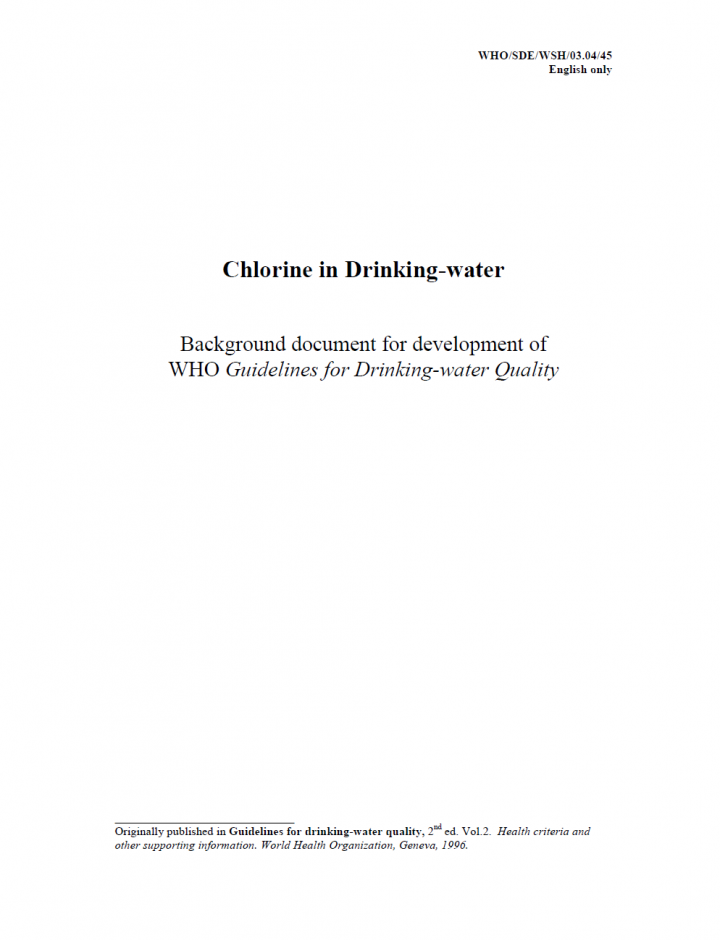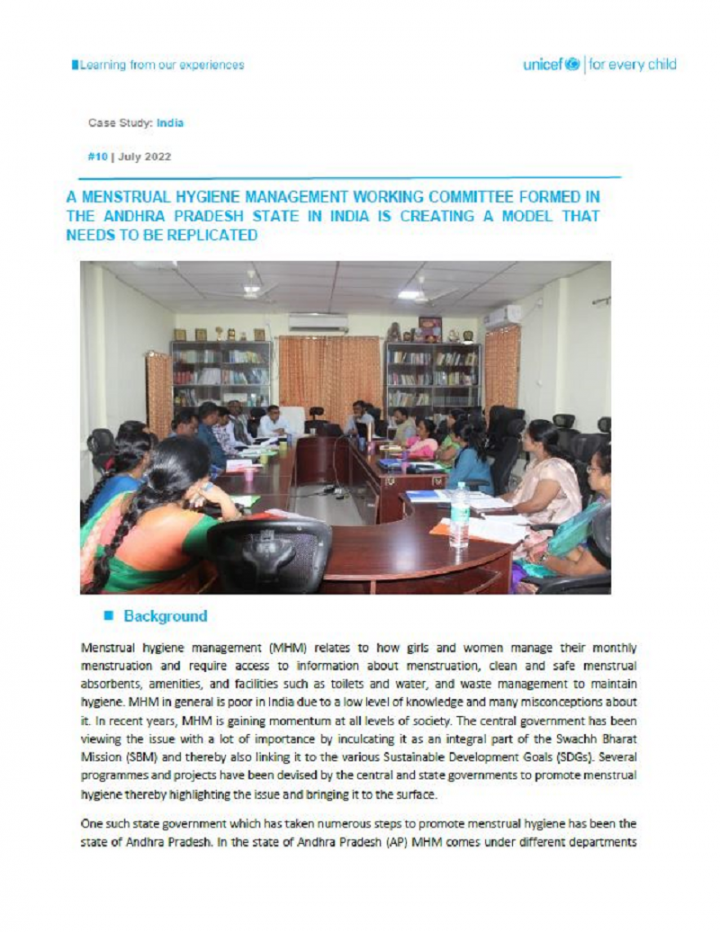Searching for information on Sanitation Workers?
The Sanitation Workers Knowledge + Learning Hub is the best source for all current news, trends, articles and updates on sanitation workers rights around the world.
Health service data are essential for patient management, facility management, disease surveillance and monitoring of service provision and resource use. Countries also need reliable facility data to assess the performance of their health services as they work towards the UHC targets and the SDGs.
Routine health facility data are collected and reported on a regular basis through Routine Health …
What's in this guide? Online communication platforms have become a lifeline for millions of people affected by natural disasters and armed conflicts: social media and messaging apps help maintain contact with family and friends, and provide access to information, such as where to find food, shelter or medical assistance. This information can directly influence how people prepare for, respond to …
In 2012 ALNAP and CDA started collaborating on action research looking at feedback mechanisms in humanitarian contexts, to establish what makes them work effectively and to focus on bringing different stakeholders’ perspectives – particularly those of crisis-affected people – into the conversation. The case studies document the experience of three different agencies that use feedback …
This Manual is needed for the technical persons to be trained as Operators and helpers at the FSTP site at Thrissur. It contains Technical Guidelines for carrying out the works.
Vermifiltration is a more efficient method of sanitation relative to septic tanks and pit latrines. Earthworms are well known agents that promote digestion of organic waste, producing vermicompost.
The Tiger …
Jaleshwar Municipality is in Mahottari District, Madhesh Province of Nepal. It has a total of 12 wards and covers an area of 44.72 square kilometres. It shares its boundary with Mahottari District and Pipra Rural Municipality in the north, Sitamadi District of neighboring country India in the south, Matihani Rural Municipality in the east and Ekdara Rural Municipality in the west. According to …
In the aftermath of Cyclone Fani, villages in Odisha were affected with a wide variety of challenges including increased open defecation, damage to toilets and latrines, the loss of key hygiene items, and the contamination of drinking water. The UNICEF WASH team in Odisha held participatory discussions with community members in 20 villages, including Badabenakudi, which revealed that there was an …
Handwashing with soap for minimum 40 seconds is one of the precautionary measures suggested and advocated globally since the outbreak of COVID-19 (Corona Virus Disease). The pandemic has created a demand for behaviour change and sustained practices of Handwashing with soap. This calls for exploring existing options of handwashing stations and create newer designs of handwashing stations globally, …
Sanitation, including the proper management of wastewater, is central to ensuring human and ecosystem health, and economic and environmental benefits. While significant efforts are being made across Africa to ensure better access and services, many places still have inadequate infrastructure for sanitation and wastewater management. This is happening at a time of greater need due to population …
Finally, Africa‘s Voice on Water (AVOW) magazine is here. AVOW is an initiative brought to you by the African Ministers‘ Council on Water (AMCOW) as a platform to amplify the collective voice of Africa‘ s water and sanitation sector. Join for a journey through the triumphs, challenges, and innovations that shape Africa‘s water and sanitation landscape.
AMCOW wants to demonstrate its …
The biological process of menstruation affects around a quarter of the world's population. Nevertheless, it is surrounded by secrecy and taboos, and encompasses various sociocultural and structural challenges. These and their impacts negatively affect the lives of menstruators restricting their freedom, choices, participation, and mobility. The concept of Menstrual Health and Hygiene (MHH) aims …
Zimbabwe implemented COVID-19-related restrictions early into the pandemic to limit the spread of the virus. These restrictions added to the ongoing macroeconomic crisis and high levels of inflation have had critical effects on individuals and businesses. Community perceptions associated with the virus and the restrictions, therefore, fluctuated throughout the pandemic.
These guidelines describe how members of the public should provide first aid to an Aboriginal or Torres Strait Islander person who may be developing a mental illness or experiencing a mental health crisis. The role of the first aider is to assist the person until appropriate professional help is received or the crisis resolves. These guidelines are designed to accompany the series Guidelines for …
Parsagadhi Municipality was established in 2016. The municipality is located in Parsa District, Madhesh Province. The municipality is divided into nine political wards.he municipality has a total population of 41,569 with 21,011 males and 20,558 females (Census 2021, n.d.). Out of total wards, ward number 3 has the largest population (7,221) while ward number 9 has the least number of populations …
Sanitation workers provide essential services often at cost of their health and dignity. Little research has been done and there is an urgent need for evidence for policy and programs. Participants in this workshop will hear from moderators on challenges and contribute to setting a global published research agenda by proposing research questions.
Chairs: Kate Medlicott & Abisola Osinuga …
This literature review supports a broader ALNAP and CDA initiative aiming at producing evidence-informed guidance for humanitarian agencies on ways to strengthen the effectiveness of mechanisms for gathering feedback from affected populations in humanitarian contexts. It focuses on two key questions: (1) why and how humanitarian agencies seek, process, and respond to feedback from affected …
A large fraction of the World's population around 1.1 billion people - does not have access to improved sources of water. For many others, contamination of water during transport and in the household presents a significant health risk. For this segment of the world's population, use of effective technologies for household water treatment and storage is likely to have direct beneficial effects in …
Jhenaidah is a fast-growing city, which is 174 km away from the Dhaka city. It is beside the Naboganga River and it is well connected with road and water. It is one of the oldest towns in the sub-continent and was declared municipality in 1958. Jhenaidah is one of the 53 district level municipality in the country. According to the population census in 2011 by the Bangladesh Bureau of Statistics …
This publication is aimed at organisations, community groups, students and academics who wish to use MSC to help monitor and evaluate their social change programs and projects, or to learn more about how it can be used. The technique is applicable in many different sectors, including agriculture, education and health, and especially in development programs. It is also applicable to many different …
One of the primary goals of WHO and its member states is that “all people, whatever their stage of development and their social and economic conditions, have the right to have access to an adequate supply of safe drinking water.” A major WHO function to achieve such goals is the responsibility “to propose regulations, and to make
recommendations with respect to international health matters …
Menstrual hygiene management (MHM) relates to how girls and women manage their monthly menstruation and require access to information about menstruation, clean and safe menstrual absorbents, amenities, and facilities such as toilets and water, and waste management to maintain hygiene. MHM in general is poor in India due to a low level of knowledge and many misconceptions about it. In recent …

